Culture in Iceland
Experience the High North
Iceland, an island nation in the North Atlantic, possesses a rich and diverse culture deeply rooted in its history and unique nature. Influenced by old Norse traditions and modern elements, Icelandic culture reflects both the rugged beauty of its landscape and the independent spirit of its people.
Literature, particularly the famous sagas, plays a central role and underscores the deep appreciation for stories and poetry. Music, visual arts, and a growing interest in film and theatre showcase Iceland's creative vitality.
Despite its small population, Iceland has created a remarkably dynamic and influential cultural scene, characterized by a close-knit community and a strong sense of national identity.
Icelandic cuisine
Icelandic cuisine is characterized by the use of fresh, local ingredients, simple preparation, and historical cooking methods. It combines traditional dishes with modern influences, with the utilization of the entire animal playing a central role. Regional specialties and seasonal variations enrich this unique culinary landscape.
5 typical dishes from Iceland
These dishes reflect Iceland's rich culinary tradition, which is deeply rooted in its history and its access to unique local ingredients.
1. Harðfiskur
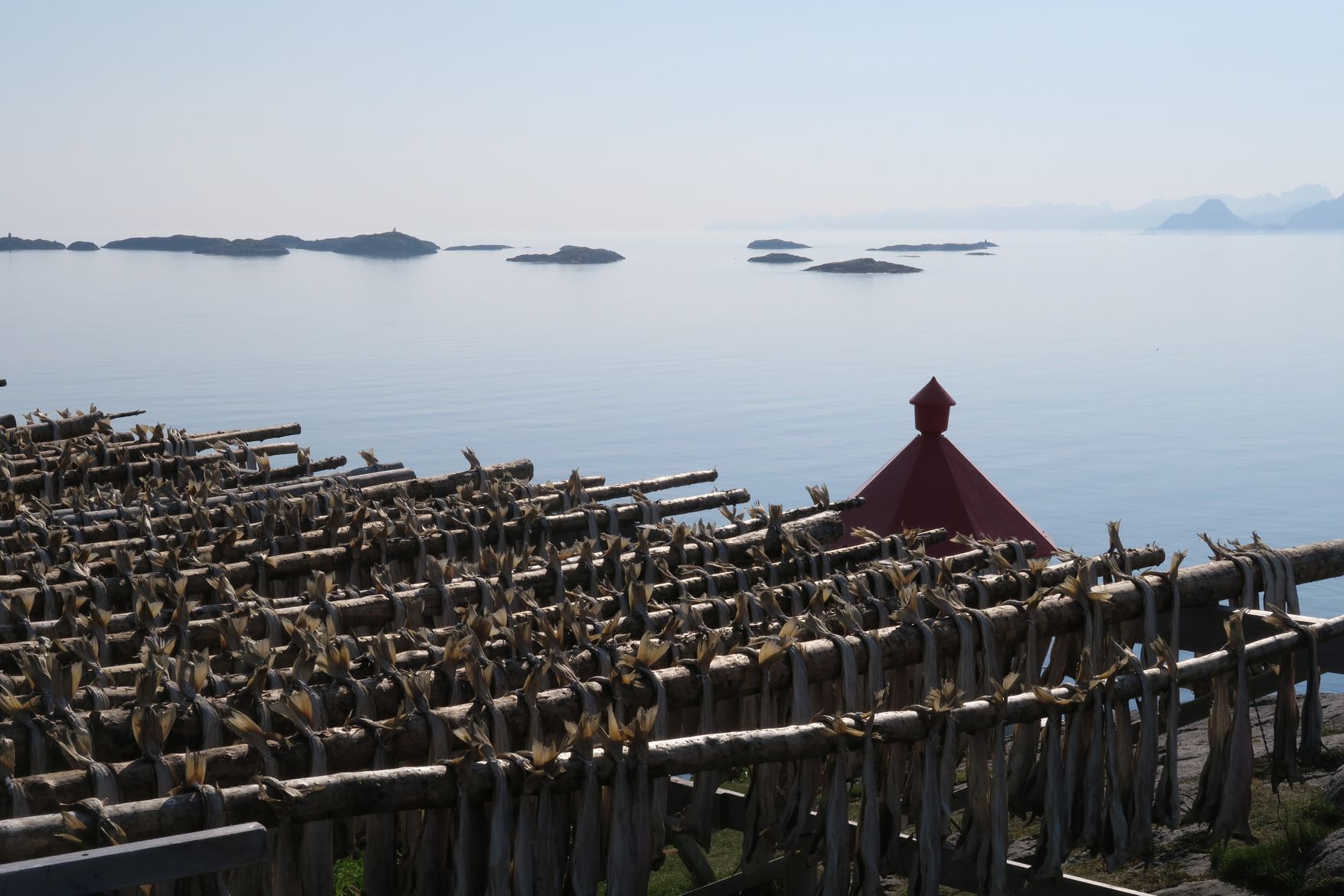
Harðfiskur is a traditional Icelandic snack made from air-dried fish, typically cod. This protein-rich, low-fat dish is often eaten with butter and is characterized by its crispy texture and intense fish flavor. Harðfiskur is very popular in Iceland and symbolizes the use of local resources.
2. Svið
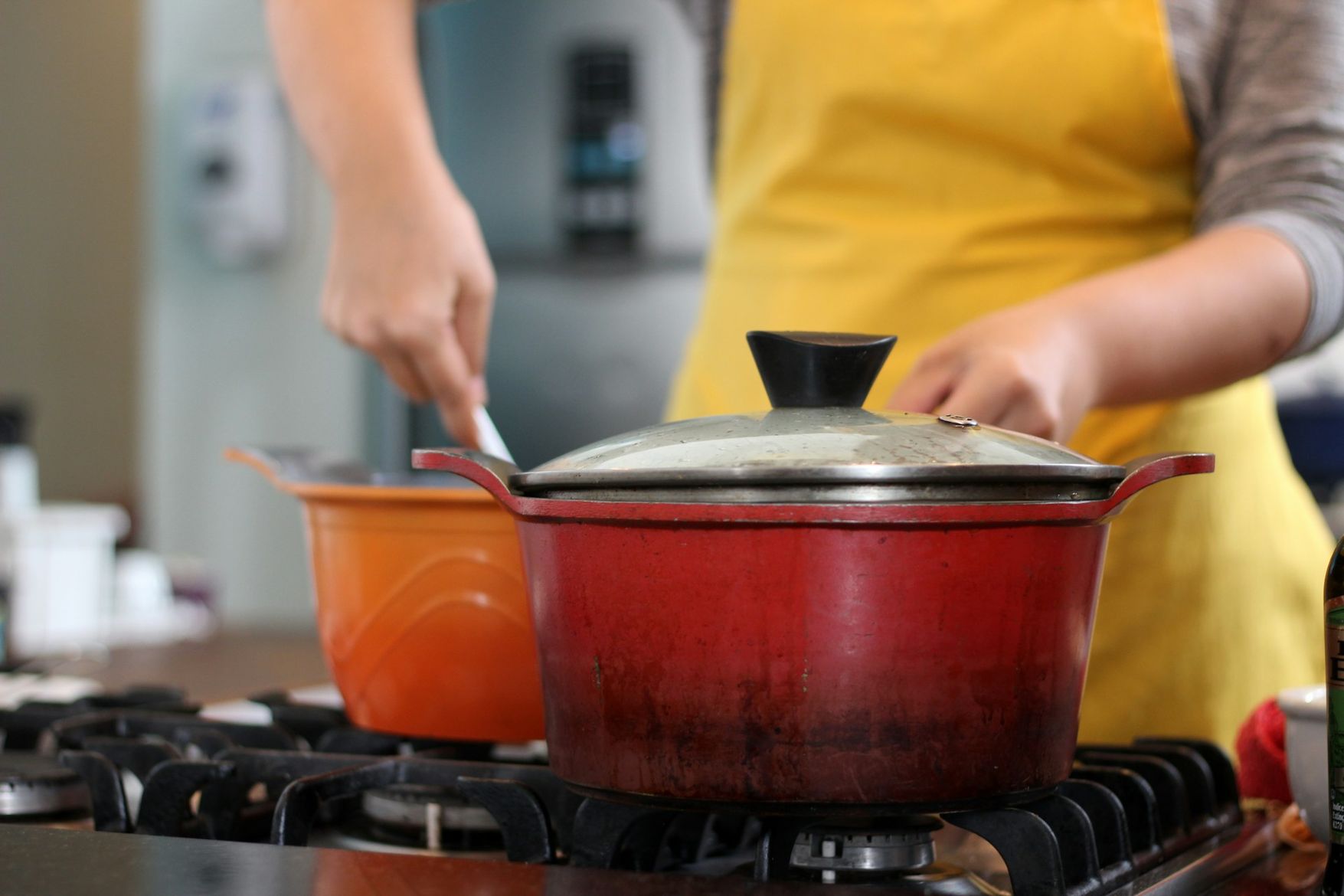
The Icelandic dish Svið can seem a little unfamiliar to tourists. It consists of boiled sheep's head, which is often served halved, and includes all parts of the head, including the eyes and brain. The eye is considered a special delicacy.
Svið is an integral part of Icelandic cuisine and is a reminder of the historical need to utilise all parts of an animal. Despite its intensity, it is a favourite and nostalgic dish for many Icelanders.
3. Plokkfiskur
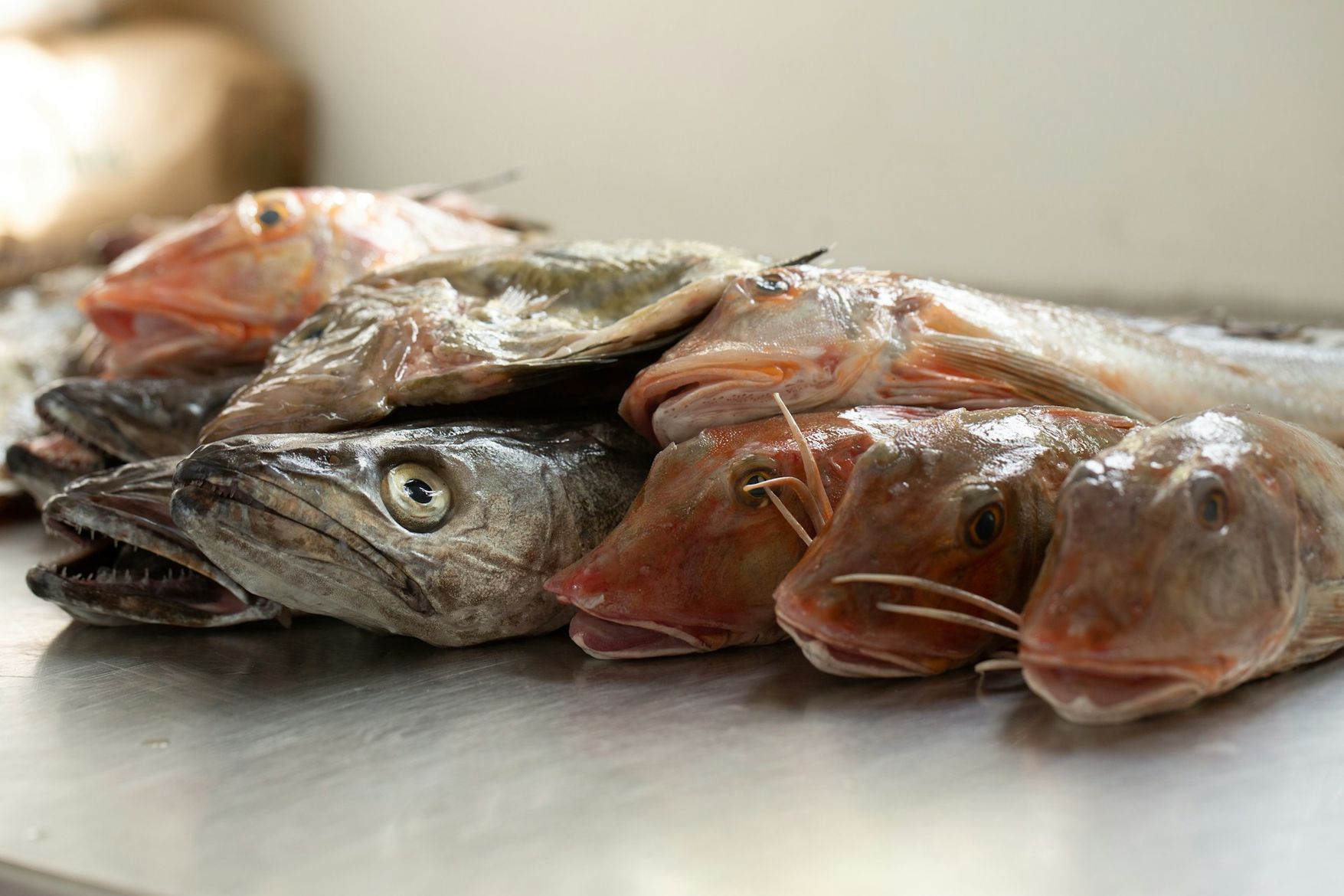
Plokkfiskur is a savoury Icelandic fish dish made from cooked fish - often cod or halibut - and potatoes. Enriched with onions, milk and spices, the result is a creamy meal that is also ideal for utilising leftovers. This simple, nutritious dish is very popular in Iceland and is often served with rúgbrauð (rye bread).
4. Skyr
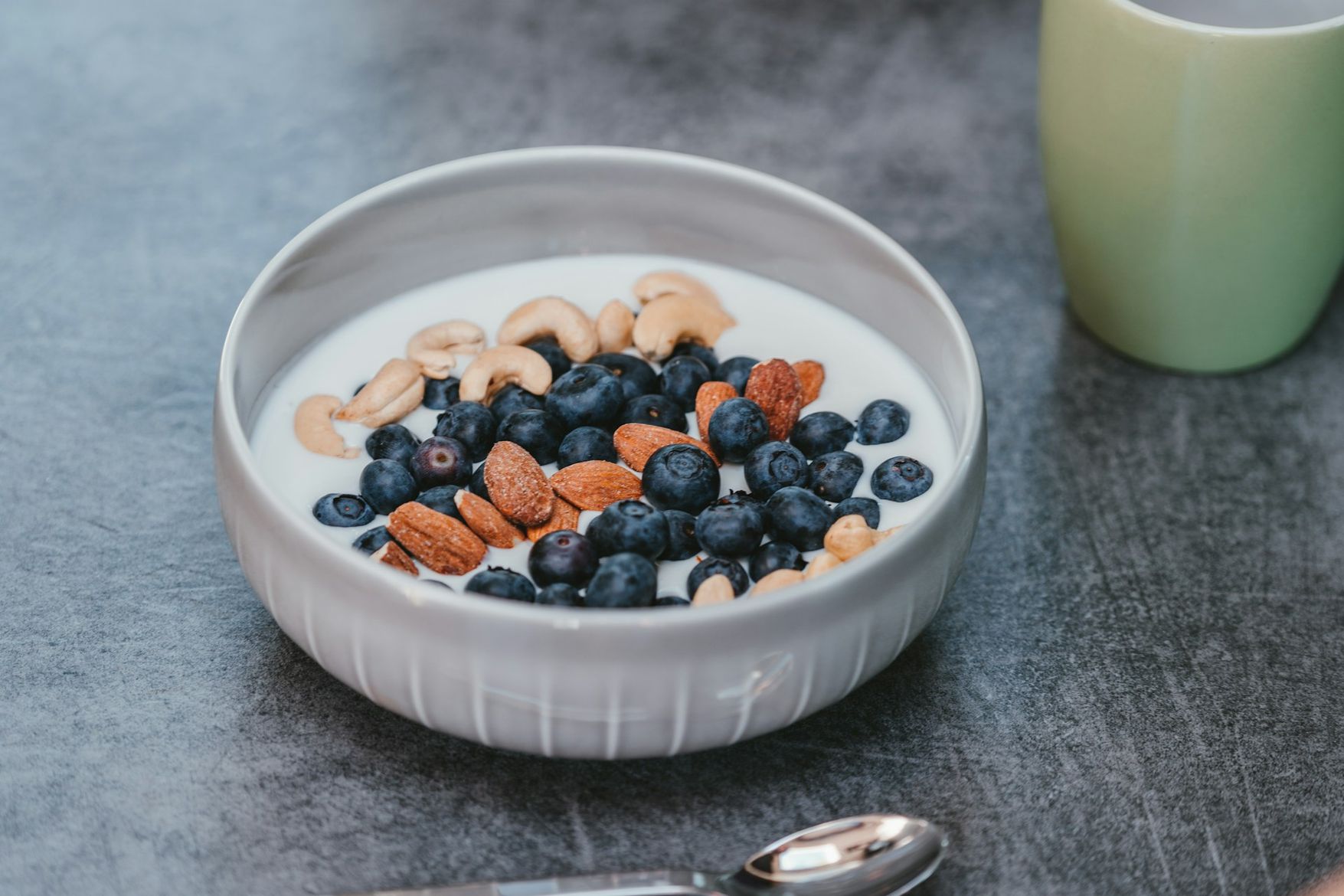
Skyr is a traditional Icelandic dairy dessert. It is an essential part of the Icelandic diet and is popular because of its mild, slightly sour flavour, which is created by the precipitation of milk protein. The dairy product is comparable to yoghurt, but has a thicker, creamier consistency.
Skyr is characterised by its high protein content and low fat content, among other things. It is therefore often eaten for breakfast or as a health-conscious dessert.
5. Rúgbrauð

Icelandic rye bread Rúgbrauð is known for its dense, moist texture and slightly sweet flavour. It is typically baked in a pot and slow-cooked in hot springs, which gives it a unique texture. Rúgbrauð is a staple of Icelandic cuisine and is served with many dishes. For example, it is also a popular accompaniment to the aforementioned plokkfiskur.
Drinks
The drinking culture in Iceland places great emphasis on quality and local production. Despite the relatively recent history of beer production, Iceland has quickly become a major player in the craft beer scene. However, traditional drinks such as Brennivín remain an important part of the cultural heritage.
Brennivín
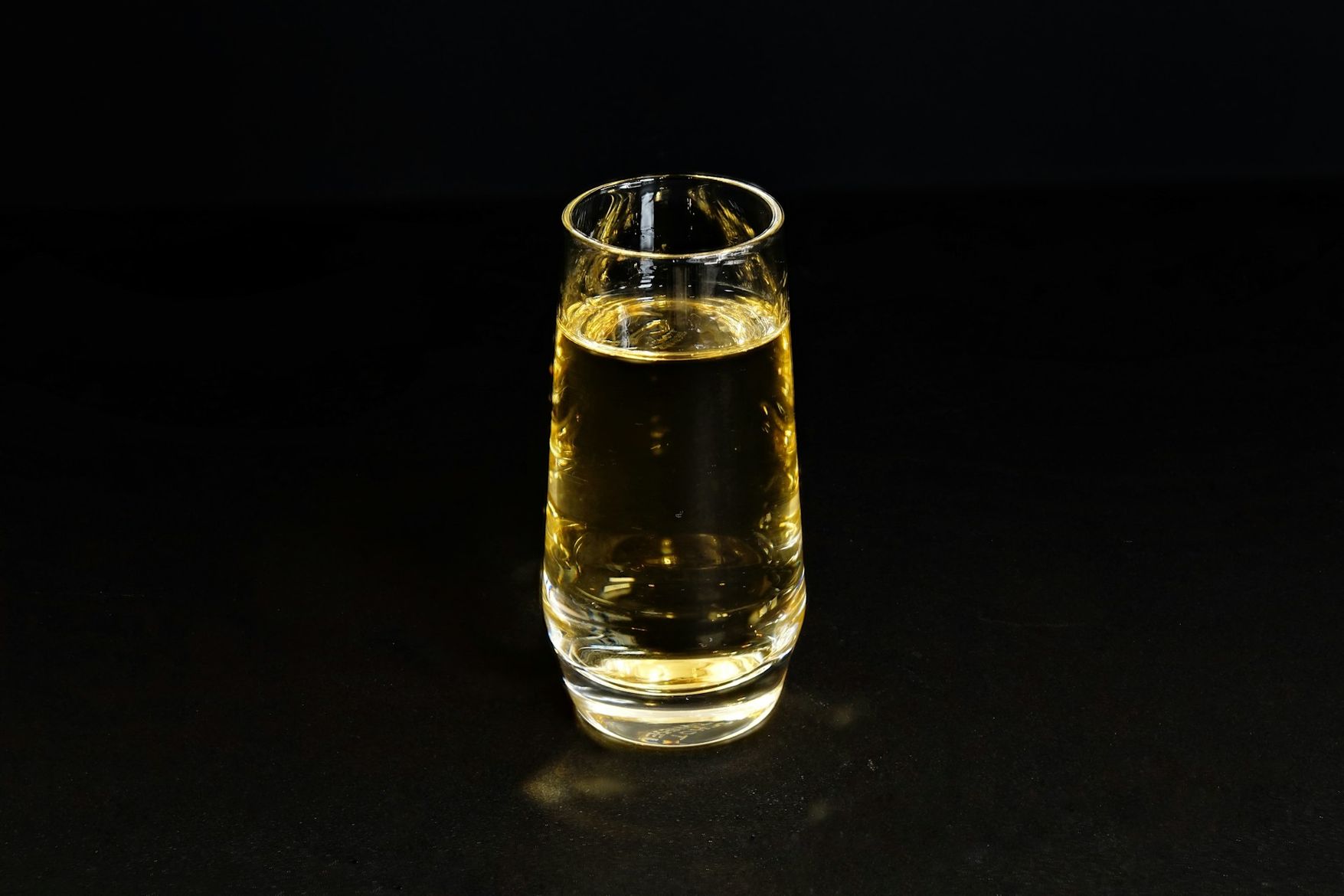
The clear, unsweetened schnapps Brennivín is perhaps the best-known Icelandic drink. Often referred to as "Black Death", Brennivín is made from fermented grain and flavoured with caraway. It is often drunk on special occasions or as an accompaniment to traditional fish dishes.
Hot drinks
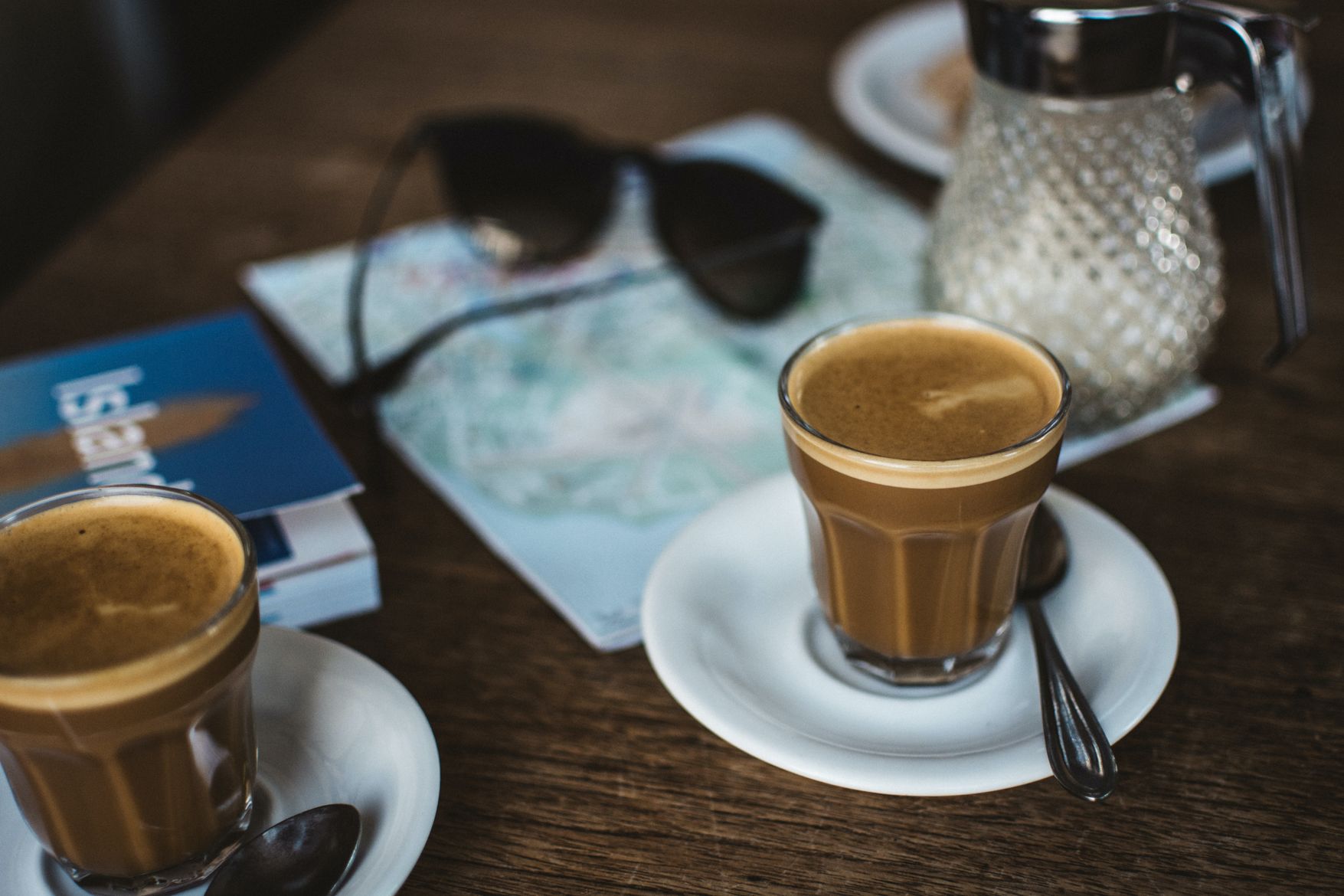
Due to the cold climate, hot drinks such as tea and hot chocolate are very popular in Iceland. They are often enjoyed to warm up on cold days.
Coffee plays a special role in everyday life in Iceland. The coffee culture in Iceland is strong and coffee houses play an important social role. Icelanders are among the world's leading consumers of coffee per capita.
Craft beer
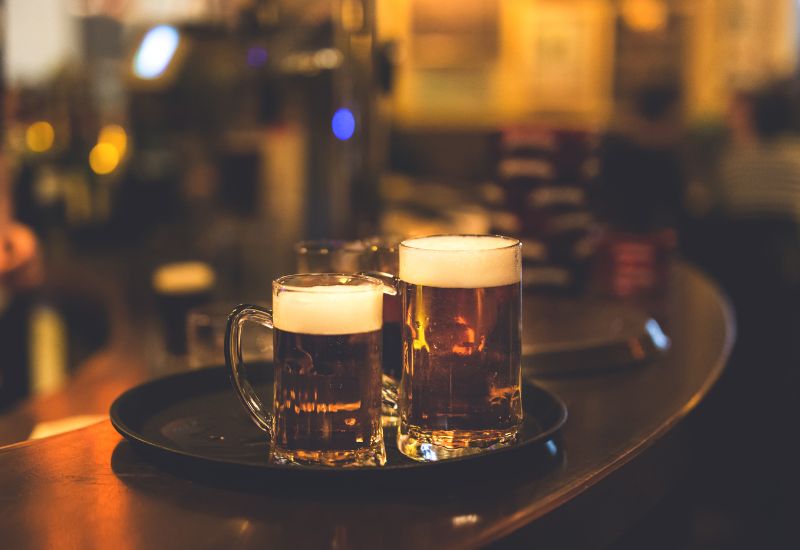
Although the production and sale of beer was banned in Iceland until 1989, a vibrant beer culture has developed since then. Today, there are a large number of local breweries that offer a wide range of craft beers.
Iceland's craft beer scene is characterised by creativity and diversity. Local breweries experiment with indigenous ingredients such as Icelandic moss, thyme and glacier water, resulting in unique flavour profiles. This innovative beer culture reflects Iceland's nature and creativity.
Traditional festivals and customs
Iceland has a number of traditional festivals and customs that are deeply rooted in the country's culture and history.
Þorrablót
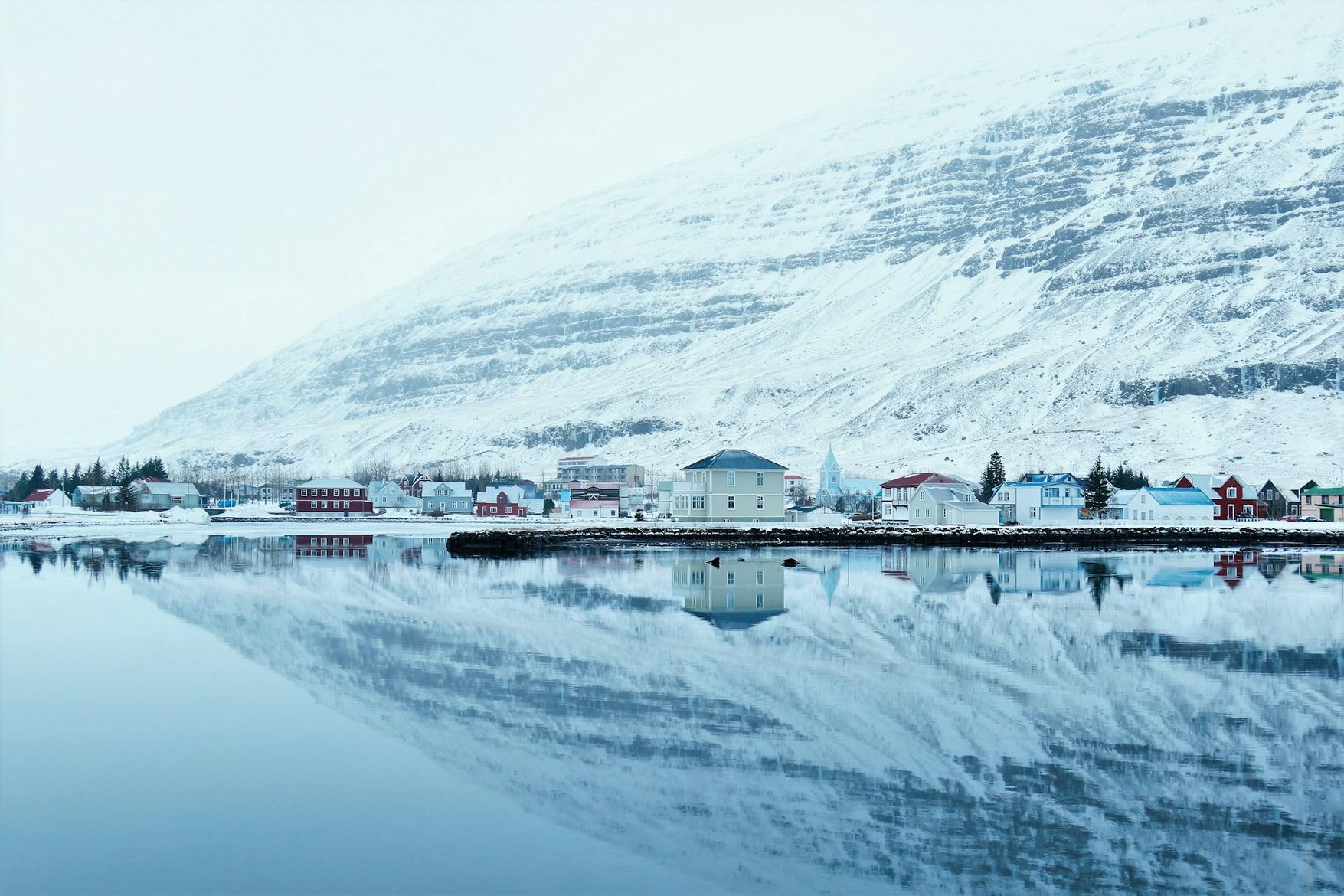
The winter festival Þorrablót takes place in the month of Þorri (January/February) and is known for its traditional food. Þorrablót brings friends and family together to enjoy music, dancing and old Icelandic dishes.
Verslunarmannahelgi

Icelandic Trade Day (Verslunarmannahelgi) is celebrated on the first weekend in August. Music festivals and other events take place throughout the country on this weekend. It is a popular weekend for camping and outdoor activities.
Sjómannadagurinn

Sjómannadagurinn Seamen's Day, the first Sunday in June, honours the importance of fishing to Iceland. There are events such as boat races, fishing competitions and family activities in coastal towns and villages.
Jónsmessa
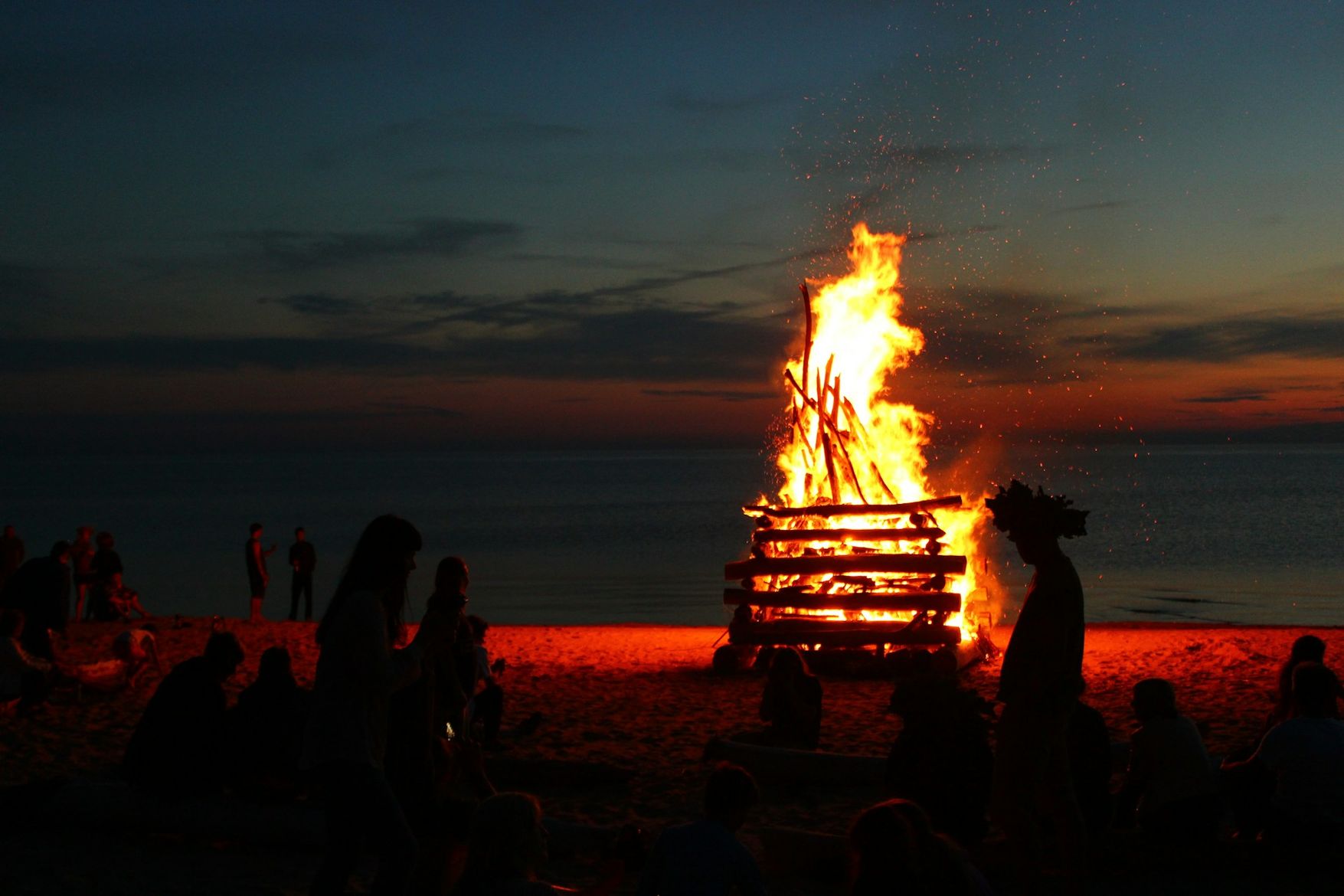
The summer solstice on 24 June, known as Jónsmessa or St John's Eve, is steeped in folklore and magic. It is said that both plants and animals have supernatural powers on this day. On this night, many Icelanders spend time outdoors, often around a bonfire.
Authentic Iceland
Iceland's culture is a living mosaic of ancient tradition and modern creativity. It reflects the deep connection Icelanders have with their nature and history. From the impressive sagas to the vibrant music scene, Iceland's culture offers a unique window into a world where tradition and innovation blend harmoniously.
Are you ready to gain new cultural impressions in Iceland?
Here you can find out more about the toll regulations in Iceland so that nothing stands in the way of your holiday.
